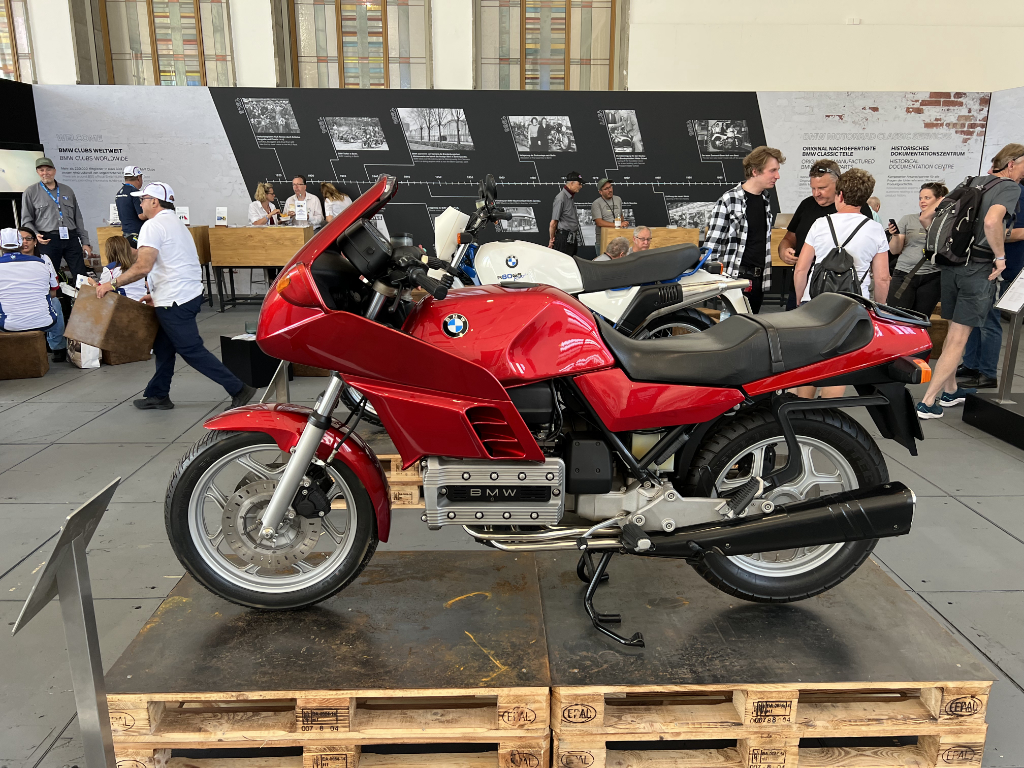Personal Contract Purchase (PCP)
Author Zenon Krafft
What is A Personal Contract Purchase?
A PCP deal is basically a loan to help you purchase a motorised vehicle. However unlike a normal personal loan, you won’t be paying off the full value of the vehicle and you won’t own it at the end of the deal (unless you choose to do so by paying off the balloon..the guaranteed future value).
It’s one of the more complex financial products available to help you buy a vehicle, but it can be broken down into three main parts.
1: The deposit (usually around 10% of the vehicles price). Dealers offering PCP finance will typically require around 10% of the vehicle as a deposit. Some manufacturers finance arms offer valuable deposit contributions of between £500-£2000 or more if your buying a new vehicle but only if you take their finance. The larger the deposit ,the less you’ll have to borrow.
2: The amount you borrow. The amount you’ll have to borrow is based on how much the finance company predicts the vehicle will lose in value over the term of the deal (usually between 24 to 48 months) minus the deposit you have put down. You will pay this amount off during the deal, plus interest. So you are not paying off the full value of the vehicle. Typical APRs are 4%-10%.
3: The balloon payment (a balancing payment you pay IF you want to own the vehicle) Also often referred to as the Guaranteed Minimum Future Value (GMFV), this is how much the dealer expects your vehicle to be worth after your finance deal ends. This is agreed at the start of your deal. You do not have to pay this, as you get a choice of what to do at the end of the deal. But it is the sum you will pay if you decide you want to keep the vehicle.
So How does it work?
Below is an example to explain how it works….
You sign up for a PCP deal over 3 years to buy a BMW R1250 GSA with a list price of £18000. You put down a deposit of £2000 and the finance company calculates that the motorcycle will be worth £8000 after 3 years based on an annual mileage of 5000… total of 15000 miles over the 3 year term.
To ‘borrow’ the motorcycle you pay…Deposit: £2000 Loan: £8000 (£10000-£2000) plus interest.
To buy the motorcycle you pay…Deposit: 2000 Loan: £8000 (10000-£2000) plus interest. Balloon payment: £8000 Total: £18000 plus interest.
What happens at the end of the Finance deal?
You have 3 options.
1: Buy the vehicle by paying the outstanding balloon payment then you will own the vehicle outright. Note you will normally pay a small admin fee between £100-£500 max.
2: Hand the vehicle back and walk away. This means you have nothing more to pay (subject to any damage or over mileage charges). Note you will be liable for any damage over and above what would be considered fair wear and tear. Also note at the beginning of the contract you will have decided what you anticipate your annual mileage to be, if however you go over your stated mileage you will be liable to pay a pence per mile charge… this varies from manufacturer to manufacturer, as a guideline 10 pence to 20 pence for every mile you go over your stated mileage. (Always try to be as accurate as possible with your anticipated annual mileage from the start of you contract, to avoid any unforeseen cost at the end that you will not have budgeted for if you go over).
3: Get a new vehicle. This is the most common option and one of the reasons for going down the PCP route in the first instance.
The Pros of a PCP Deal.
1: You do not have to worry about the future trade-in or resale value of the vehicle as the lender guarantees your vehicle will be worth a minimum sum at the end of the deal.
2: You get a new vehicle for lower monthly repayments than a personal loan or hire purchase.
3: It is very flexible. You have various options at the end of it.
4: It is a win win if you are the sort of person that changes your vehicle every 2 to 3 years, without tying up large amounts of your hard earned capital when you could put it to better use to make you money rather than funding a depreciating asset.
The Cons of a PCP Deal.
1: You will not own the vehicle during the contract period (though this is the same for almost all finance agreements)
2: You will be liable to penalty charges if your circumstances change and you decide to terminate the contract very early on.
3: Should you not look after and maintain the vehicle to the required manufacturers standard you will be liable to a penalty charge. Why would you not look after your pride and joy in the same way as if you had purchased it outright? The net result I feel would be the same…it will cost you either way if you do not care and maintain your vehicle.
To Conclude.
PCP has become a great selling tool for the manufacturer and achieves for them a platform for selling many more units which otherwise they would not have done. This however has created another problem which is, the residual values have dropped quite substantially and the cost to change is becoming ever more expensive. I would argue that the manufacturers are not too concerned about this, for it is the bigger picture they are more interested in….selling more volume while reducing the cost to produce the product. As we have seen in particular with BMW Motorrad product when these two lines cross the quality has suffered as a consequence.
I give you 2 actual examples of the cost to change by independent customers.
1: 2018 (7 month old) R1200 GS Rallye TE with 4000 miles in part exchange for a new R1250 GS Rallye £4000 to change!!
2: 2017 R1200 GS Adventure TE with 12000 miles in part exchange for a new R1250 GS Adventure TE £8000 to change!!
I wonder how many people would consider this too a high a price to pay?
I personally feel when purchasing a depreciating asset always buy it outright if you have the means and funds to do so as your first option, that way you are in total control of your own destiny with that purchase. You decide when to sell or how long you want to keep it etc.
If you know from the outset you are going to keep the vehicle for a long period, say 4 years plus and you are not worried about upgrading any time thereafter, I would suggest PCP is not for you. The cheaper option could be a personal loan APR is as low as 3% currently and would not be tied to the vehicle thus giving you more flexibility.
PCP finance is currently very popular with one BMW dealer telling me 90% of all new BMW Motorcycles sold in his particular business are on a PCP finance deal. Quite staggering!!
There are many ways to purchase a vehicle this is just one example, it will suit some people and not others. A lot will depend on your individual circumstances and needs at that particular point in time.
I hope this gives you a small insight into the world of PCP finance and you find this article useful.









